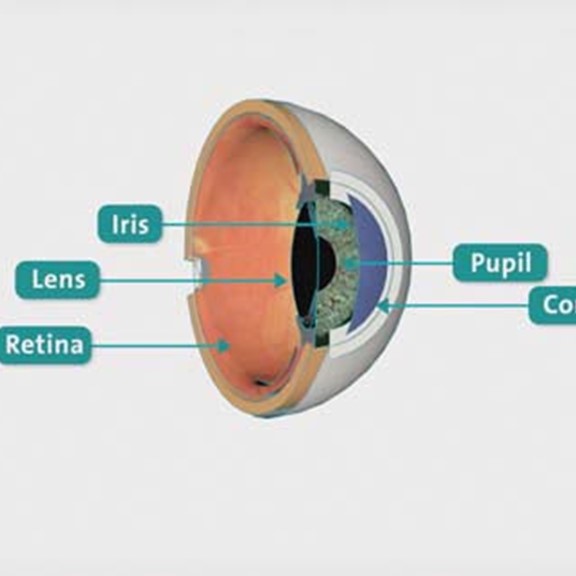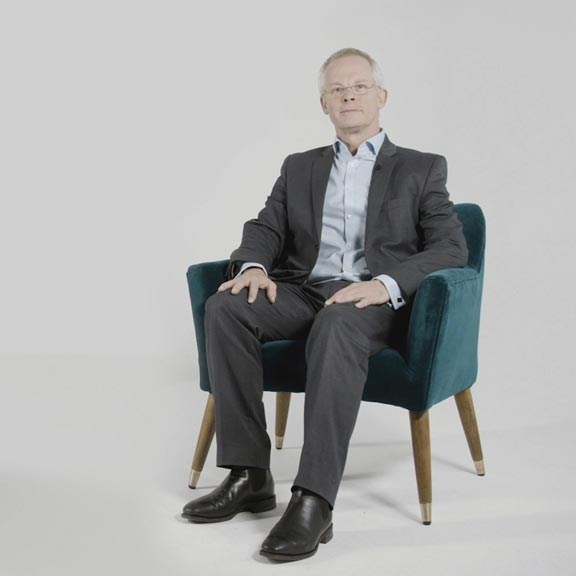Private cataract surgery North Wales
Improve blurred vision caused by cloudy areas on the lens of the eye.
At Spire Yale Hospital, we provide high-quality cataract surgery to replace a cloudy lens in your eye with an artificial one, improving vision and allowing you to get back to everyday life.
Sometimes also called
- Phacoemulsification
At a glance
-
Typical hospital stay
A few hours -
Procedure duration
1 hour -
Type of anaesthetic
Local -
Available to self-pay?
Yes -
Covered by health insurance?
Yes
Why Spire?
- You can usually see a consultant within a few days of enquiry
- Specialist in a wide range of treatments
- Flexible payment options to make it easy and more affordable
Cataract surgery: what to expect at Spire Yale Hospital
Here at Spire Yale v, we’re proud to have a team of ophthalmologists (eye specialists) that provide cataract removal surgery centred around your needs.
We offer fast access to tests, scans and treatment and hassle-free booking with appointment times to suit you.
How much does Cataract removal surgery cost at Spire Yale Hospital
Here at Spire Yale, we’re proud to have a team of ophthalmologists (eye specialists) that provide cataract treatment centred around your needs.
We offer fast access to tests, scans and treatment and hassle-free booking with appointment times to suit you.
| Cataract surgery with eyesight correction | |||
|---|---|---|---|
| Initial consultation | We can't display the initial consultation fee just now. Call us for a quote. | ||
| Treatment price | £2,681 | ||
| Aftercare | Included | ||
| From price | From £2,681 | ||
|
Monthly treatment price (Loan applicable to the treatment cost and excludes the initial consultation) |
£130 | ||
| Representative example | |
|---|---|
| Loan amount | £2,181 |
| Deposit | £500 |
| Loan period | 18 months |
| Representative APR | 9.9% |
| Total amount repayable | £2,340 |
The price shown is the ‘from price’ (ie the minimum cost of the procedure). Please note that for some procedures the actual price you are quoted may vary significantly and can increase depending on your choice of Consultant (who is an independent practitioner and not an employee of Spire). The fees charged by Consultants and Anaesthetists are set independently and are outside the control of Spire. The price may also vary depending on the type of anaesthetic, implant or drug used, and your medical history.
Spire Yale Hospital can provide you with a single, fixed price for your procedure so there are no surprises. Please read Spire Healthcare's terms and conditions for full details of what’s included and excluded in your fixed price when paying for yourself. Finance options are available through our partner Omni Capital Retail Finance Ltd, 10 Norwich Street, London, EC4A 1BD.
Procedures offered for cataract surgery at Spire Yale Hospital
At Spire Yale Hospital, we offer a range of intraocular lenses. Your consultant will help you choose the best option for you. They include:
- Monofocal – corrects either short or long sight, with a choice of three focal points
- Toric – a monofocal lens that helps correct astigmatism (a problem with focusing)
- Multifocal – corrects both near and distance vision, like varifocal glasses
We have a choice of different makes including AKREOS.
We also have special equipment which uses a variety of biometry and refractive techniques to measure the shape and size of your eye. This is so your consultant can calculate the power of your intraocular lens implants.
You may still need to wear glasses afterwards, depending on your eyesight and your choice of lens.
Find a consultant at Spire Yale Hospital
Preparing for cataract surgery at Spire Yale Hospital
The hospital is a few minutes by taxi from Wrexham General and Wrexham Central stations, and approximately 25 minutes by taxi from Chester station. We have free on-site parking available for you and your visitors.
Your consultations
One of our experienced consultant ophthalmologists will be able to offer you an initial consultation within a few days of your enquiry.
Your appointments will take place in one of our six consultation rooms. During your consultations, we'll:
- Ask about your medical history
- Carry out a series of tests, including a sight test and biometry testing to calculate the power of the new intraocular lens (IOL) required
- Explain about the procedure, anaesthetic, the different types of IOLs available, and any potential cataract surgery complications and risks and how they may affect you
- Give you a chance to ask any questions you have about your treatment
Cataract surgery: your procedure
Your appointment should take no more than an hour. There’s no need to pack an overnight bag, however, we suggest you bring a change of top as fluid may get onto your clothes when preparing the operative area.
If you’ve come with a friend or family member, they’re welcome to wait in our lounge while you have your operation.
Before your cataract operation, you’ll meet your healthcare team and will be given a local anaesthetic in your eye, and sometimes also a sedative to relax you.
You’ll then have the procedure, which will involve:
- Making a small incision (cut) into the front of your eye (the cornea)
- Inserting your new intraocular lens
Cataract surgery: your recovery
After your cataract surgery, you’ll be taken to a recovery room to relax until your surgeon says you’re ready to go home. This is usually a few hours after cataract surgery. It’s essential that you have someone take you home.
Although everybody’s different and you should always follow your consultant’s advice, here’s a typical recovery timeline for cataract surgery:
Treatment and recovery timeline

1 week
Any eye pain, redness or itching should go
7-14 days
Stop wearing eye shield at night
10-14 days
Clear eyesight restored
4-6 weeks
Fully back to normal
-
1 week
Any eye pain, redness or itching should go
-
7-14 days
Stop wearing eye shield at night
-
10-14 days
Clear eyesight restored
-
4-6 weeks
Fully back to normal
The treatment described on this page may be adapted to meet your individual needs, so it's important to follow your healthcare professional's advice and raise any questions that you may have with them.
How to get to us
Our location allows us to provide comprehensive private hospital care to patients from Wrexham and surrounding parts of North and Mid Wales, Cheshire and Shropshire. Liverpool airport is about 45 minutes away by taxi and Manchester airport about 75 minutes.
Spire Yale Hospital,
Wrexham Technology Park
Croesnewydd Road
Wrexham
LL13 7YP
Get in touch
Important information about Covid-19 tests
COVID-19 testing or antibody tests are not available as a standalone service at Spire Yale Hospital.
Sources
https://www.nhs.uk/conditions/cataracts/ https://www.nhs.uk/conditions/cataract-surgery/recovery/
http://www.rnib.org.uk/eye-health/your-guide-cataracts/when-should-i-have-cataracts-surgery
http://www.rnib.org.uk/campaigning-current-campaigns/eye-health
https://www.nice.org.uk/guidance/ng77/chapter/recommendations#referral-for-cataract-surgery
https://www.rcophth.ac.uk/wp-content/uploads/2014/12/2010-SCI-069-Cataract-Surgery-Guidelines-2010-SEPTEMBER-2010-1.pdf
https://www.rnib.org.uk/eye-health-eye-conditions-z-eye-conditions/cataracts-laser-treatment-following-cataract-surgery




